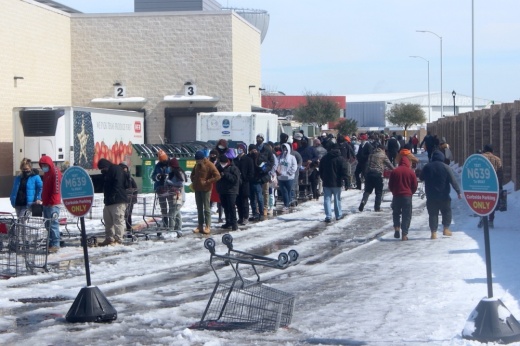The resilience hub concept has been developing through a partnership between the city, Travis County, Austin ISD and area community members. City officials called for the creation of the emergency response system in the wake of 2021's Winter Storm Uri, and stakeholders have said the hubs—recreation centers, libraries, churches and other community spaces, for example—can serve as safe locations for residents to gather and obtain supplies in the midst of a disaster.
“As climate change brings more frequent severe weather and other disasters, there is a need for accessible community spaces, supply distribution centers, backup power and water, and safe temporary shelters,” Austin's Resilience Officer Laura Patiño said in a statement.
Austin officials announced Sept. 14 plans to launch a pilot program for the initiative later this year with six resilience hubs. The city is still working to finalize those locations within several focus areas spread across North Central, East and Southeast Austin, and recently held a series of community workshops about the program in those neighborhoods. The pilot is funded with $3 million in federal American Rescue Plan Act dollars, with additional staff and support coming from the city's emergency management office.
Planners previously said a future goal is to make a network of safe locations available to all area residents within a 15-minute walk or less, which could eventually require hundreds of locations citywide. Following this year's pilot, the city hopes to ramp up to having 10 established hubs next year and 30 by 2025.
While the program's first steps were focused on city-owned spaces, Austin is now gauging interest from private or community-based groups as well. Any individuals or organizations interested in providing resources or setting up a resilience hub in their facilities can also contact the city through a new survey. That information will eventually be used for the creation of a new resource and resilience hub database, city officials said, in addition to a toolkit to help with the creation of new hubs.





